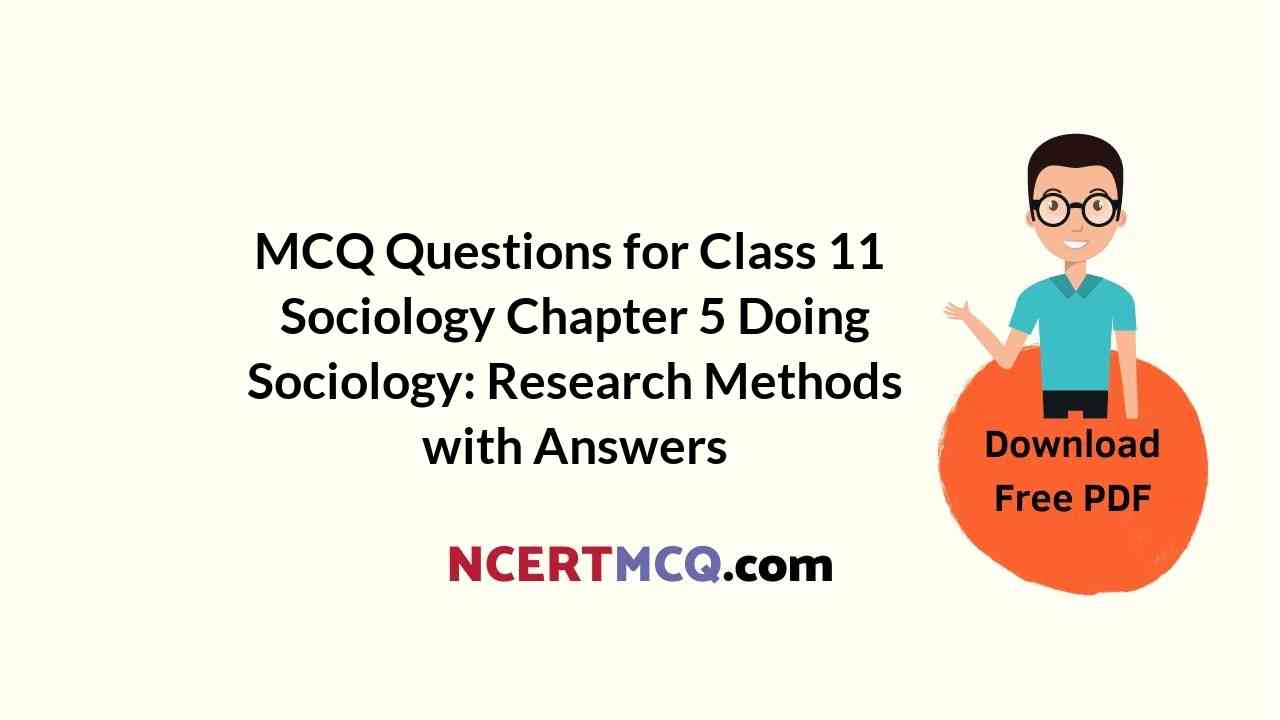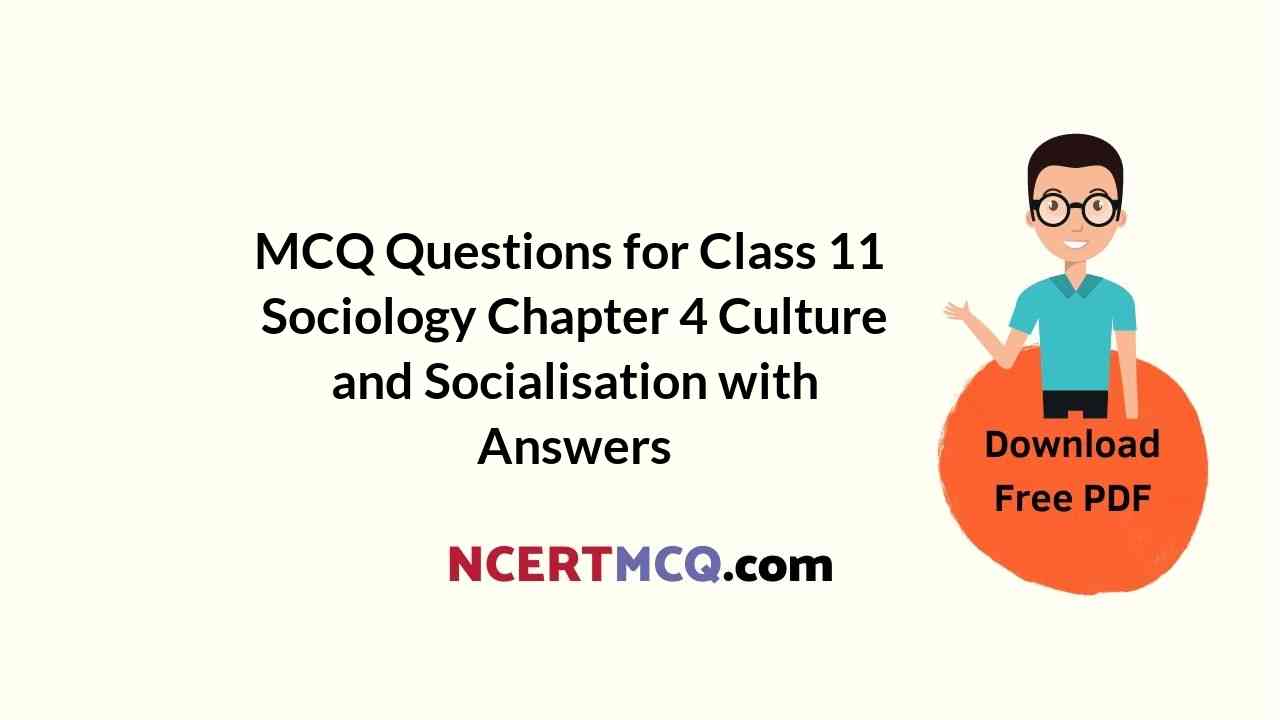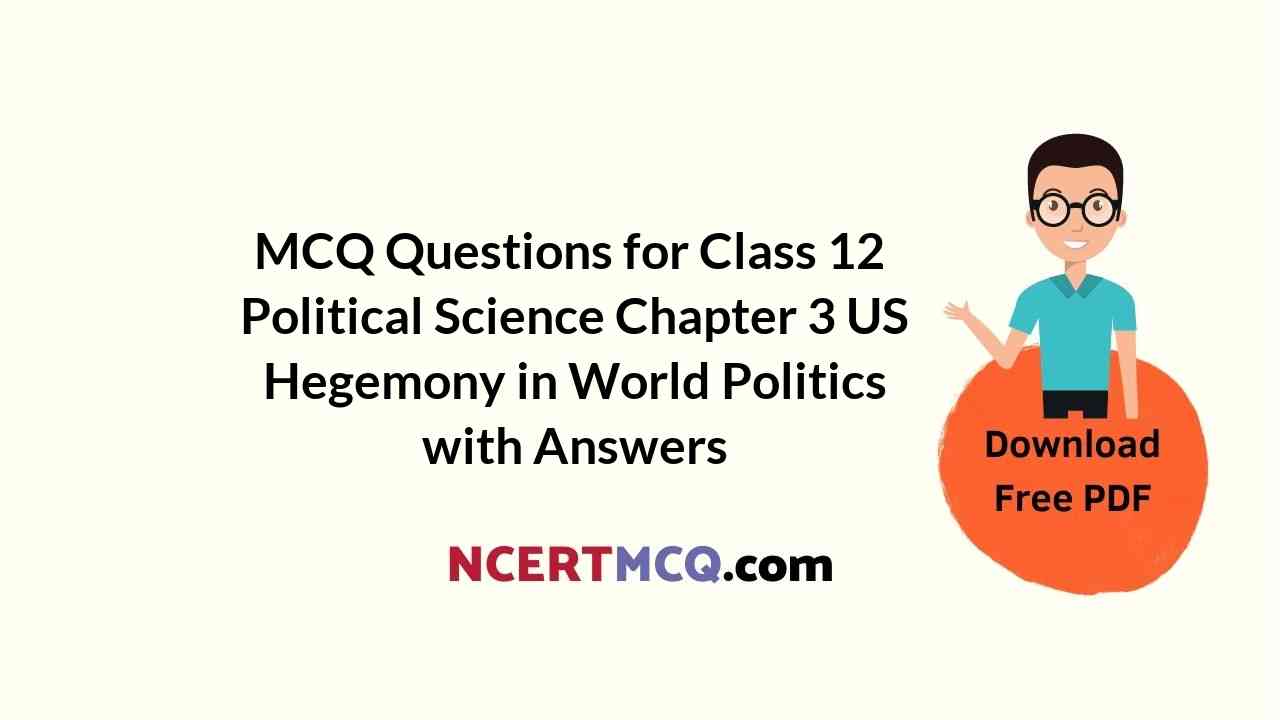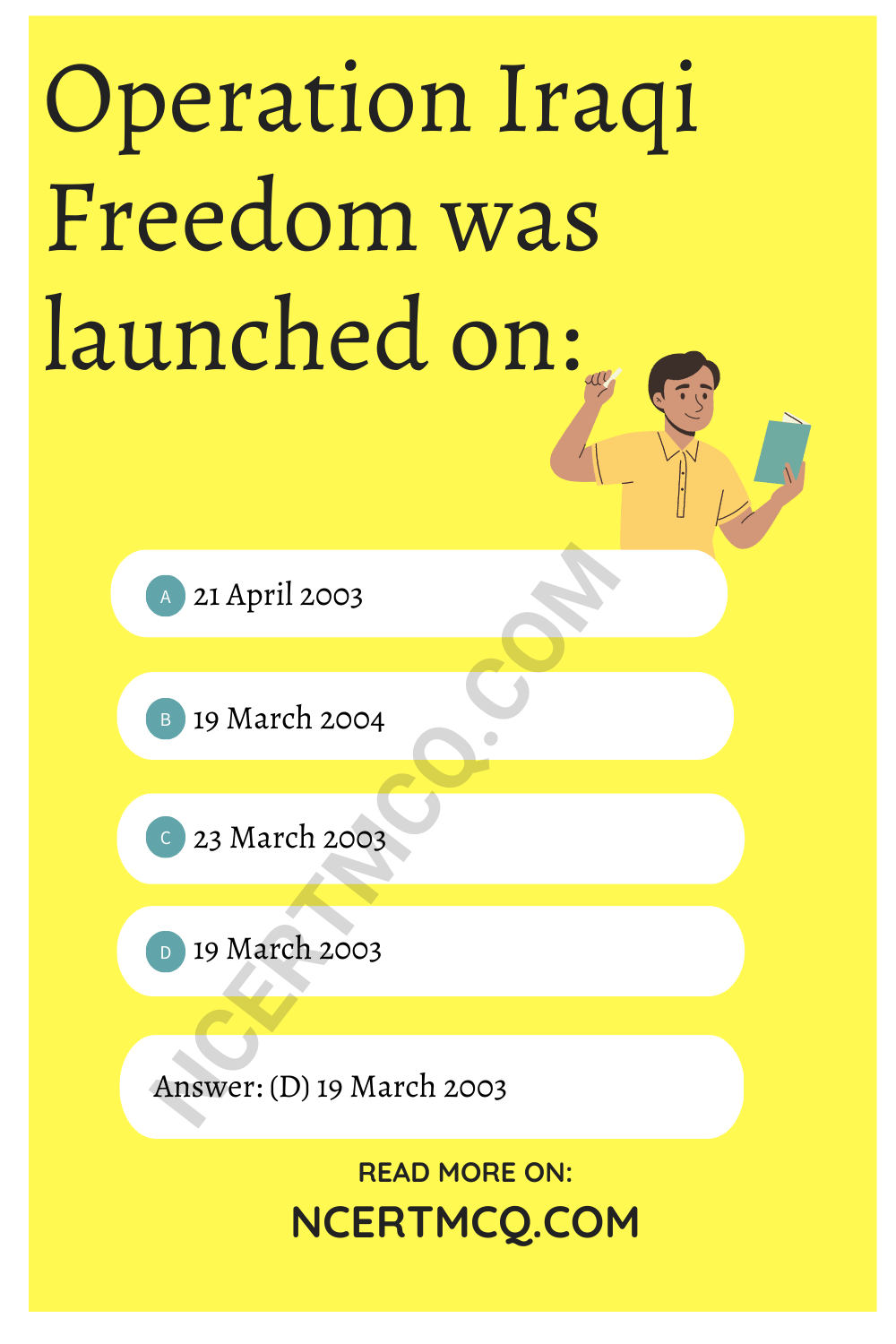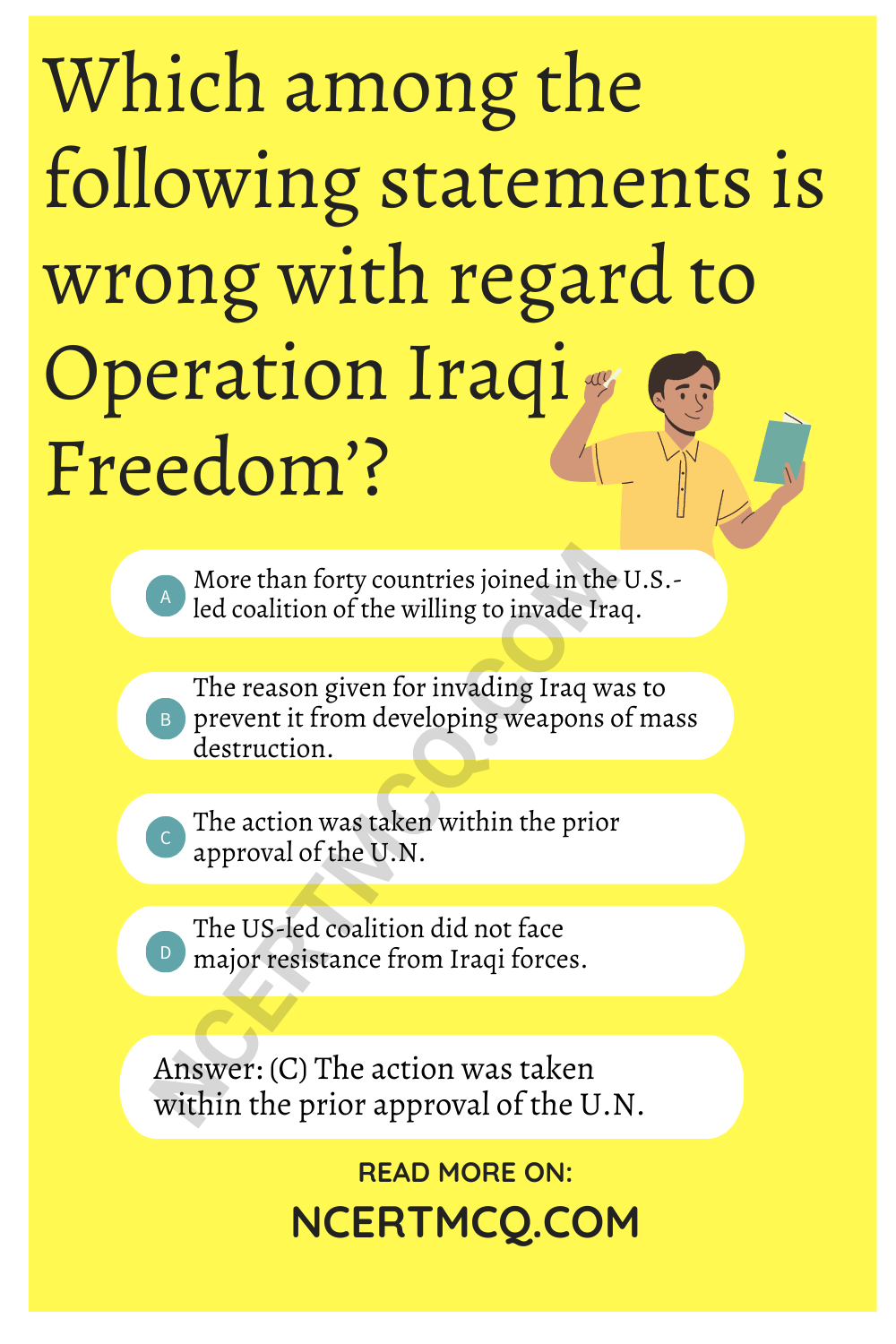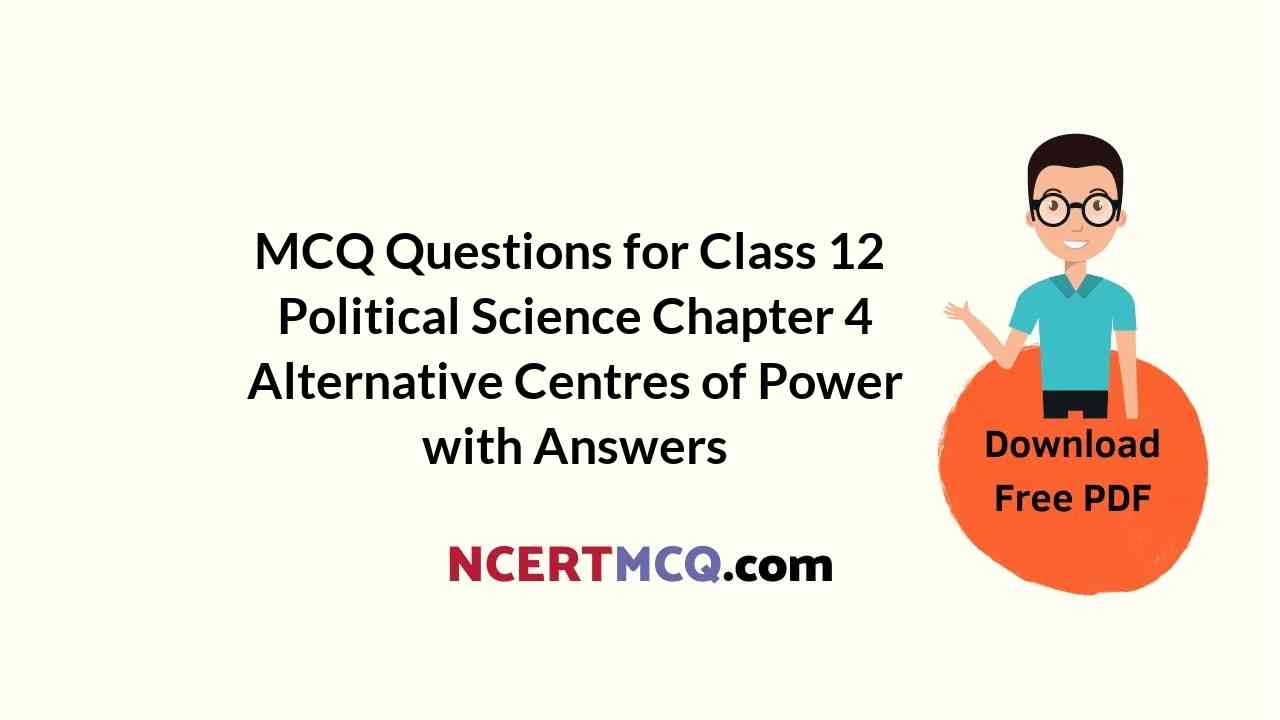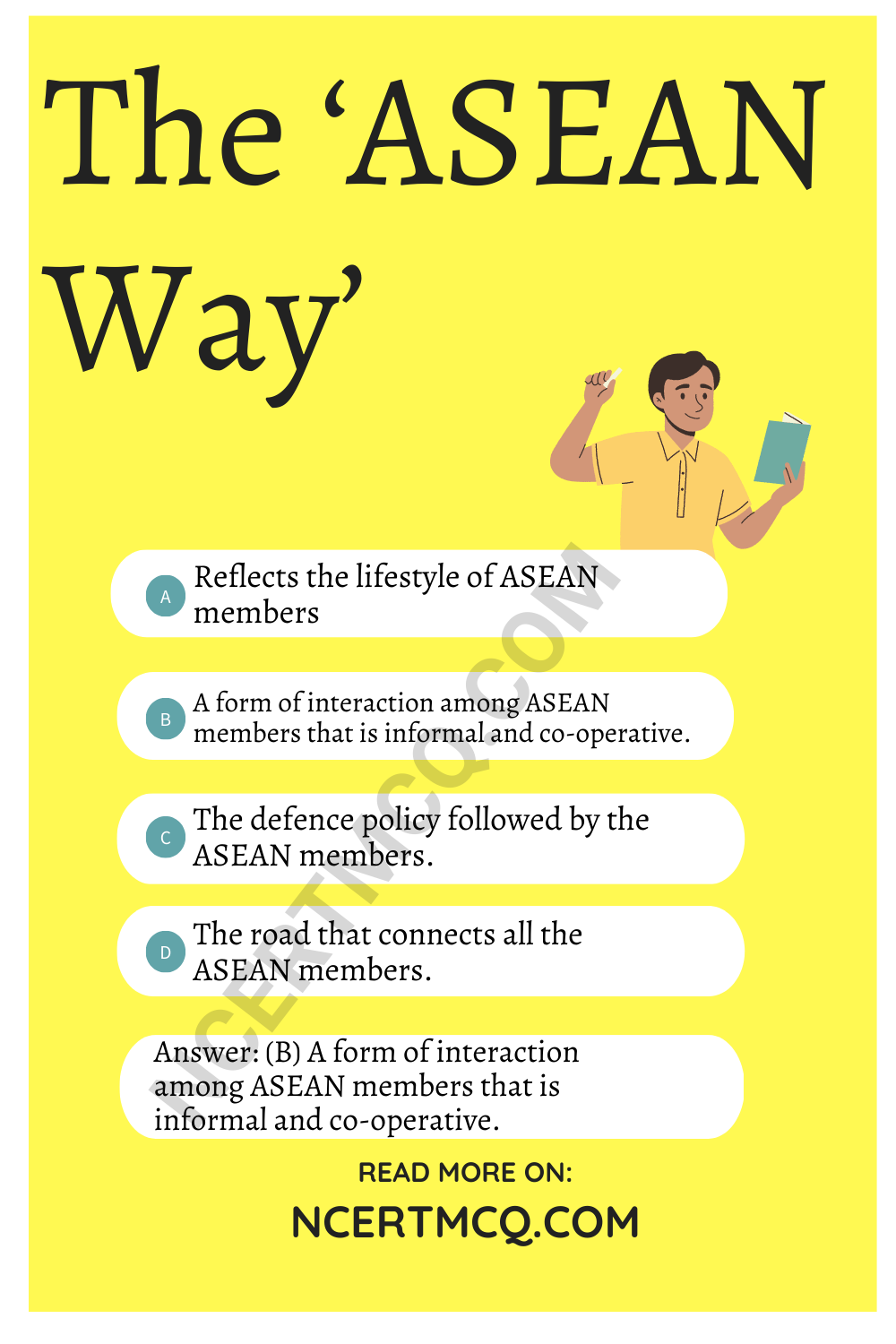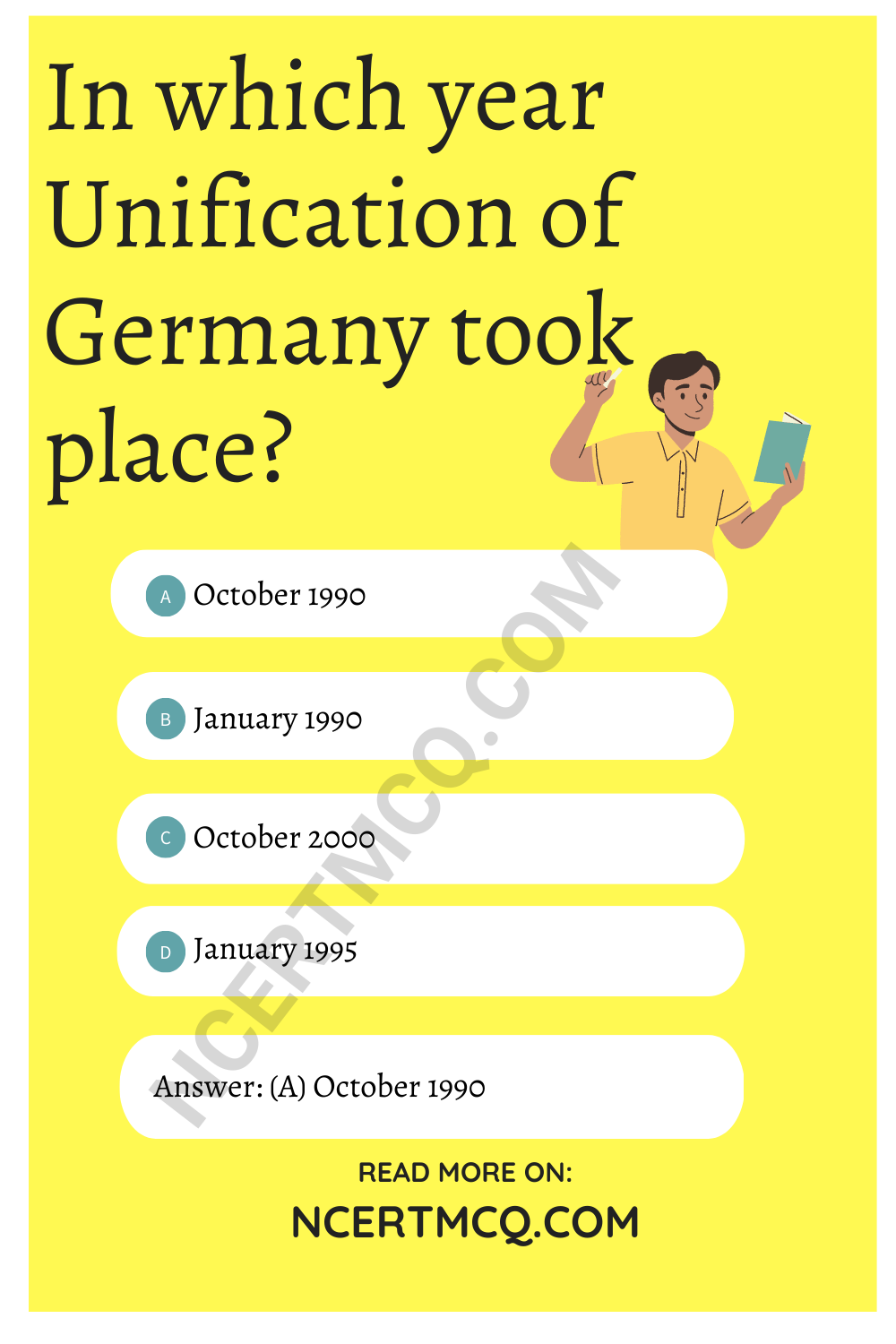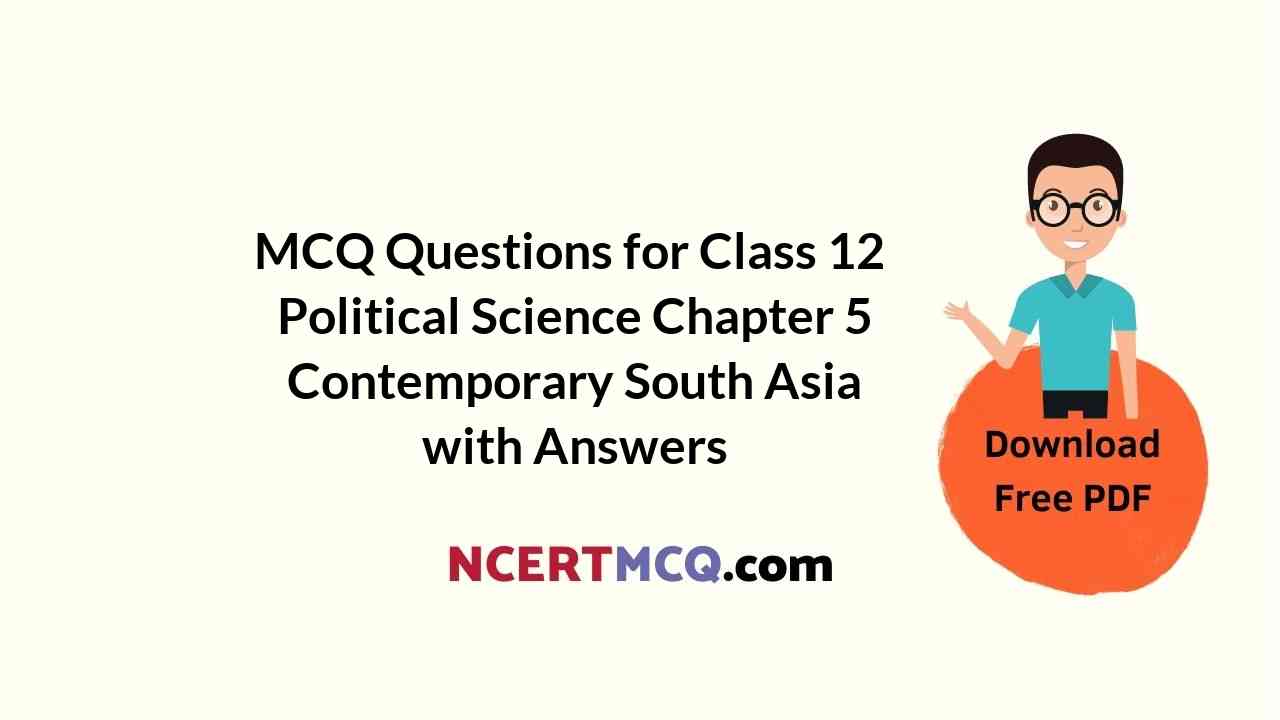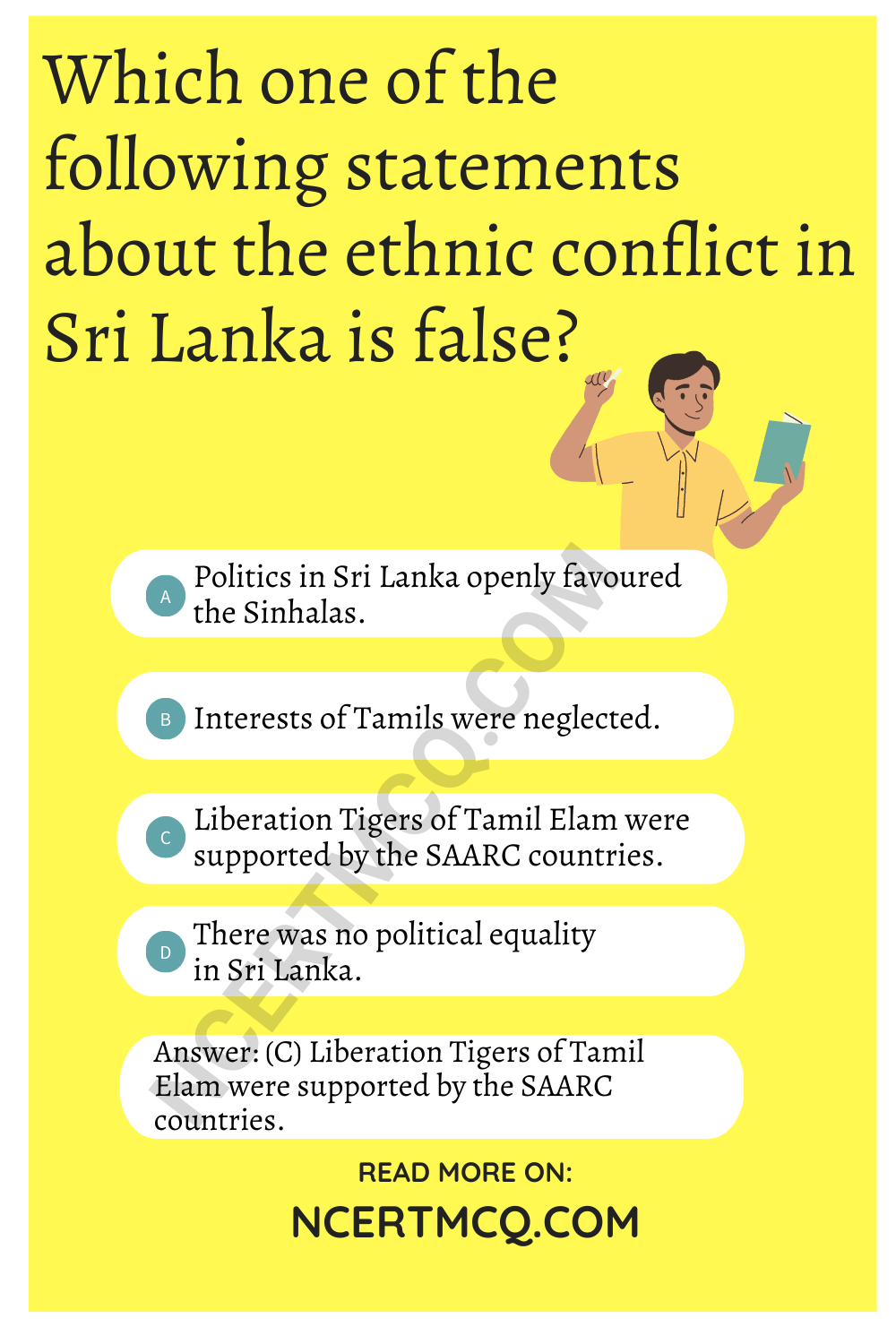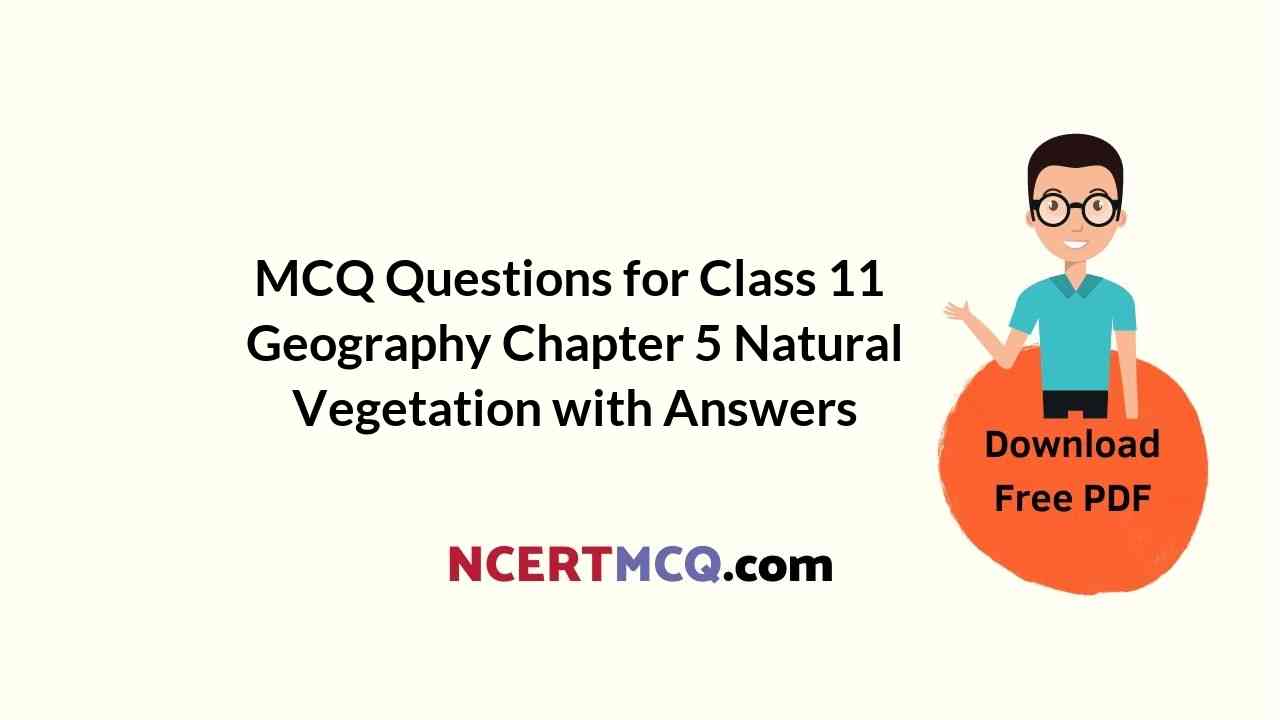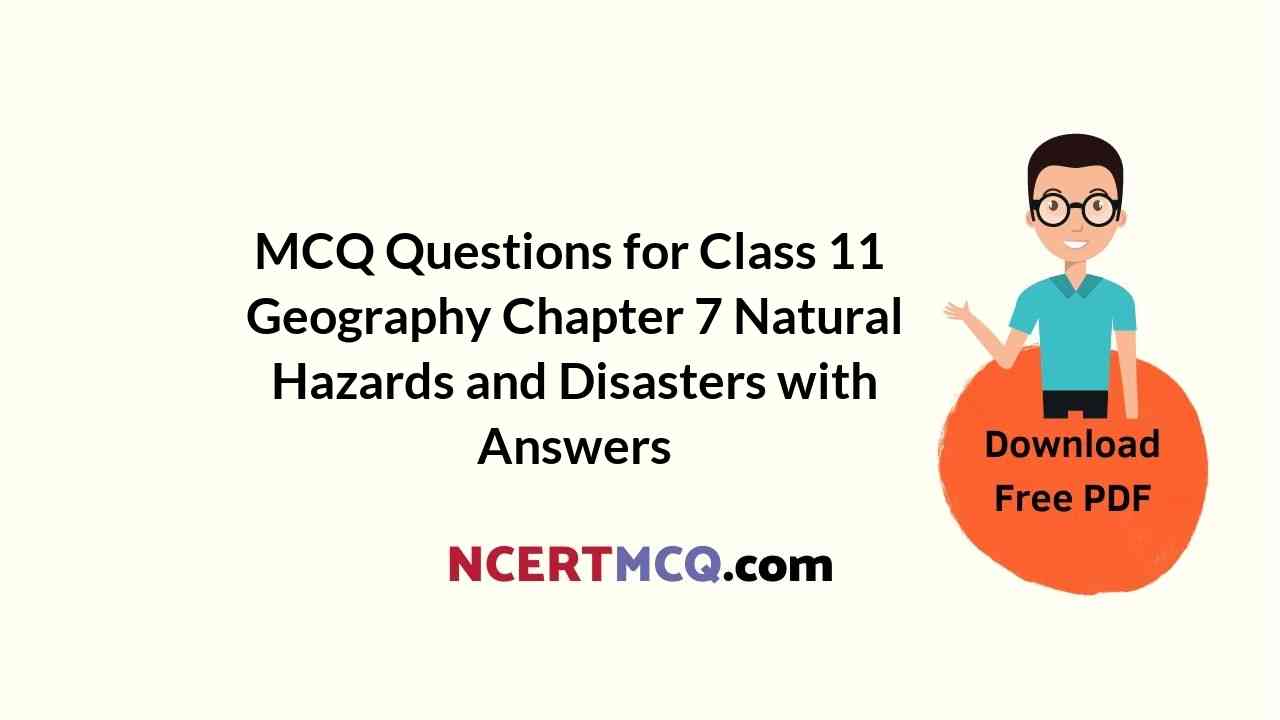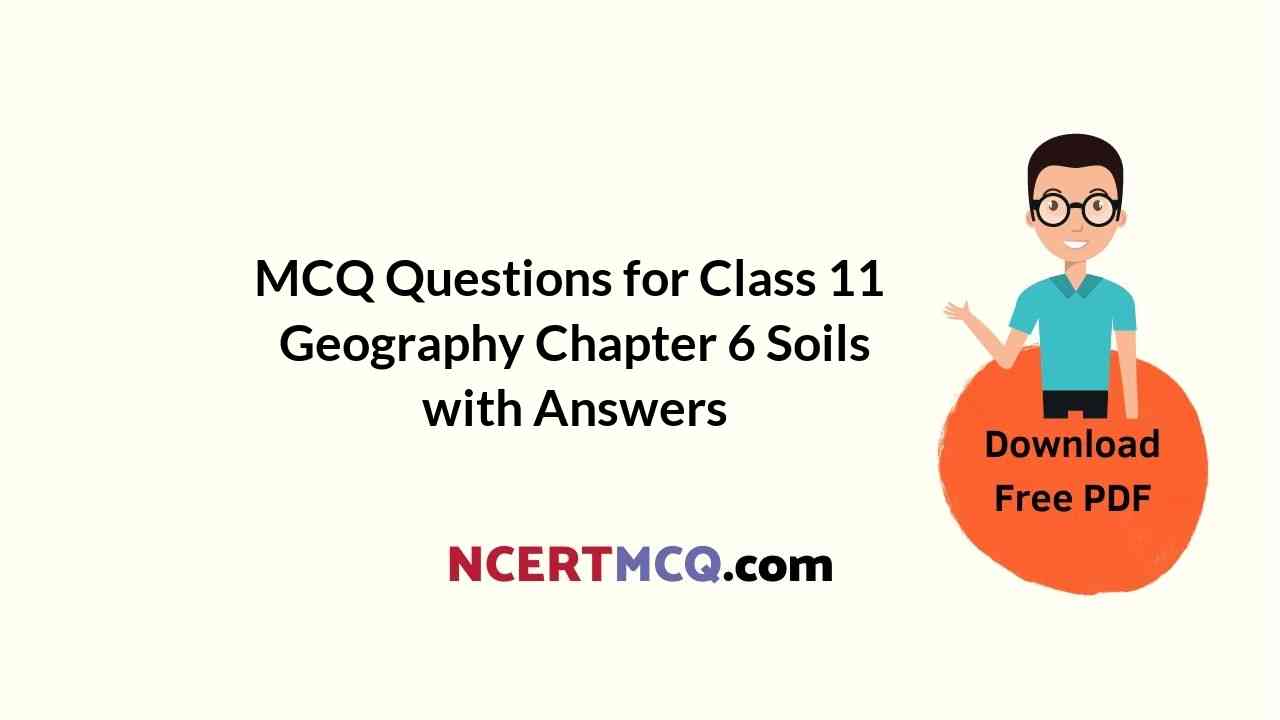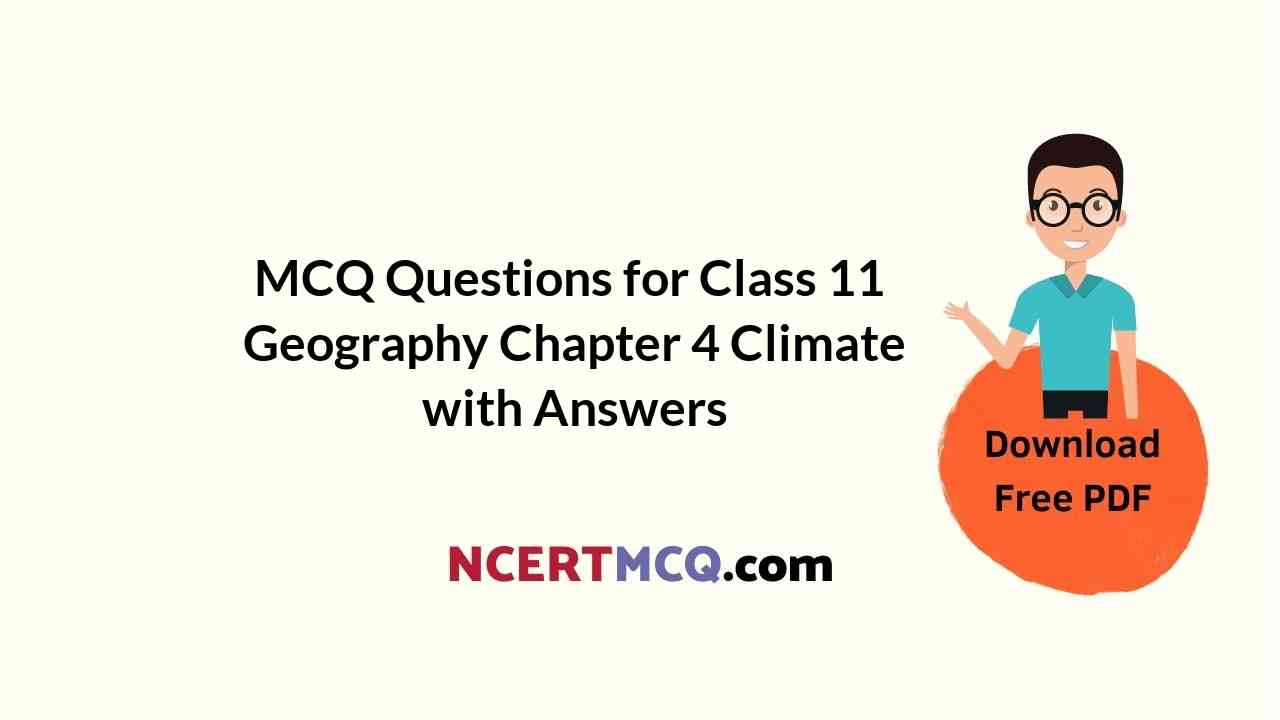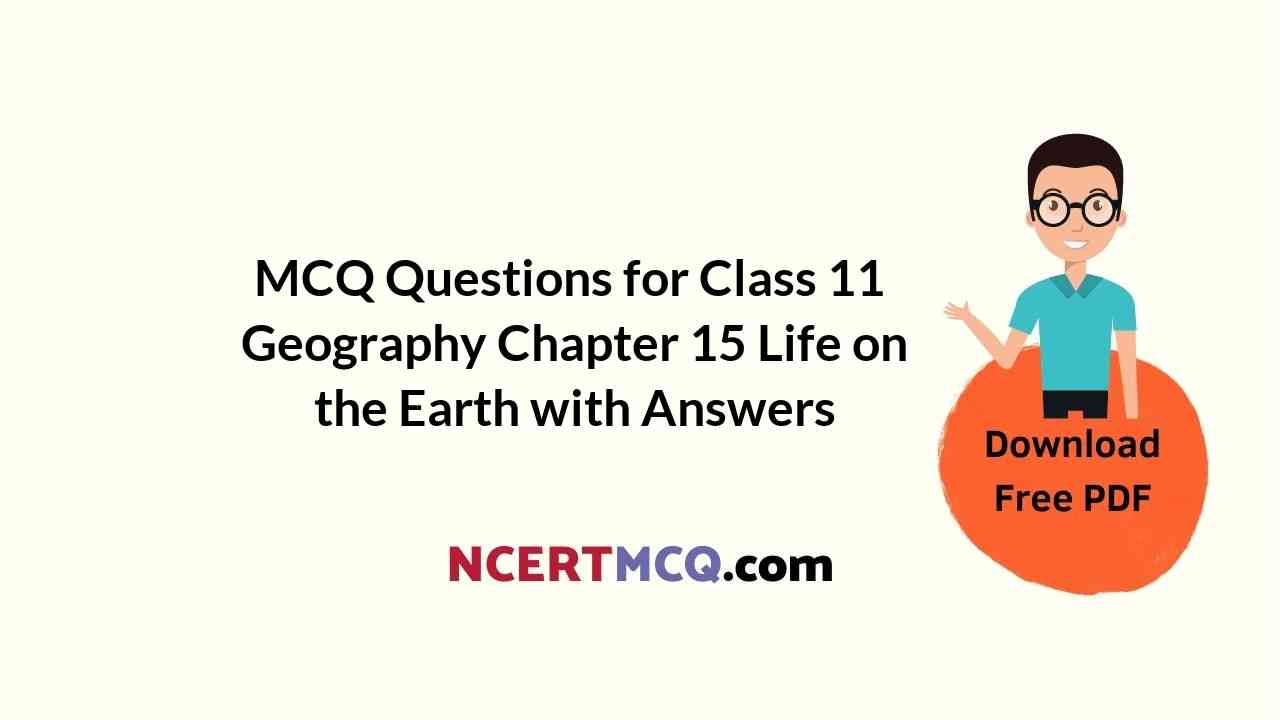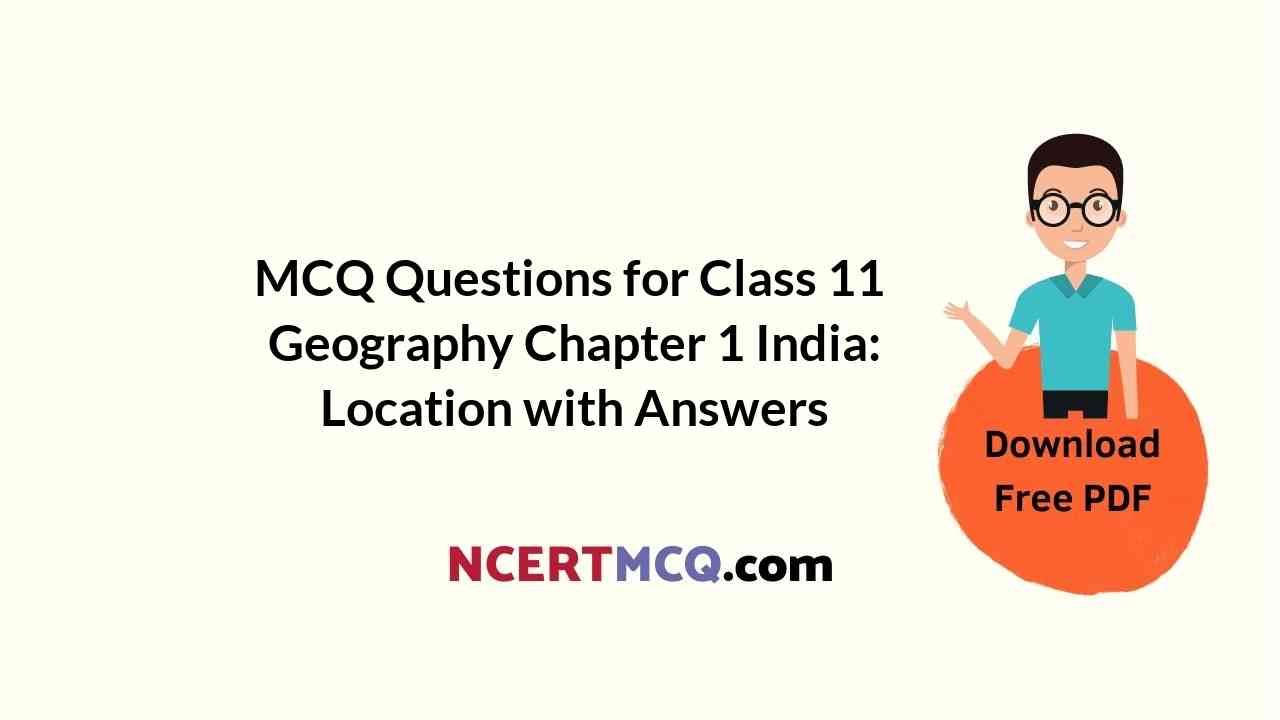Check the below NCERT MCQ Questions for Class 11 Sociology Chapter 5 Doing Sociology: Research Methods with Answers Pdf free download. MCQ Questions for Class 11 Sociology with Answers were prepared based on the latest exam pattern. We have provided Doing Sociology: Research Methods Class 11 Sociology MCQs Questions with Answers to help students understand the concept very well.
Class 11 Sociology Chapter 5 Doing Sociology: Research Methods MCQ With Answers
Sociology Class 11 Chapter 5 MCQs On Doing Sociology: Research Methods
Question 1.
A guided conversation between the researcher and respondent is known as:
(a) Fieldwork
(b) Interview
(c) Questionnaire
(d) Survey
Answer
Answer: (b) Interview
Question 2.
‘A comprehensive survey covering every single member of a population’ is known as
(a) sample survey
(b) census
(c) random sampling
(d) genealogy
Answer
Answer: (b) census
Question 3.
A comprehensive survey covering every single member of the population is known as:
(a) Survey
(b) Participant observation
(c) Census
(d) Case study
Answer
Answer: (c) Census
Question 4.
The term ‘random’ suggests the selection
(a) without any system or design
(b) proper structure
(c) with large population
(d) with small selection
Answer
Answer: (a) without any system or design
Question 5.
‘Genealogy’ of the community was prepared during fieldwork. The word ‘genealogy’ denotes:
(a) making a family tree
(b) list of inherited diseases
(c) tribal community
(d) urban community
Answer
Answer: (a) making a family tree
Question 6.
The issue which can be studied through participant observation is
(a) market policy
(b) infant mortality
(c) divorce rate
(d) the day to day life of the community
Answer
Answer: (d) the day to day life of the community
Question 7.
The feature which is not common between questionnaire and interview is
(a) flexibility of questions
(b) use in a large universe
(c) use in survey method
(d) asking questions
Answer
Answer: (b) use in a large universe
Question 8.
In their principle of sample selection, the respondents are selected purely by chance:
(a) Randomization
(b) Stratification
(c) Probability
(d) Compartmentalization
Answer
Answer: (a) Randomization
Question 9.
In predicting the election results, the appropriate method of research would be
(a) non-participant observation
(b) participant observation
(c) survey
(d) case study
Answer
Answer: (c) survey
Question 10.
The book “The Golden Bough” was written by which famous anthropologist?
(a) James Frazer
(b) Malinowski
(c) William Foot Whyte
(d) Emile Durkheim
Answer
Answer: (a) James Frazer
Question 11.
The introduction of equipment like recorders frequently makes the respondent
(a) happy
(b) comfortable
(c) uneasy
(d) disappointed
Answer
Answer: (c) uneasy
Question 12.
‘Stratified Random Sample’ is more
(a) stratified
(b) representative
(c) purposive
(d) none of the above
Answer
Answer: (b) representative
We hope the given NCERT MCQ Questions for Class 11 Sociology Chapter 5 Doing Sociology: Research Methods with Answers Pdf free download will help you. If you have any queries regarding CBSE Class 11 Sociology Doing Sociology: Research Methods MCQs Multiple Choice Questions with Answers, drop a comment below and we will get back to you soon.
Class 11 Sociology with Answers MCQ:
